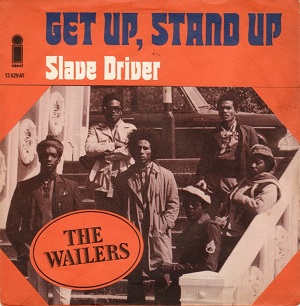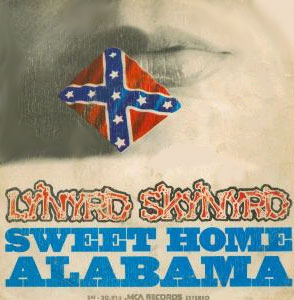THE 200
MOST
ESSENTIAL
SONGS
OF THE
1970s
It was the decade of glam,
disco, funk, Philly Soul, heavy metal, the singer/songwriter, punk and new
wave. Here are the 200 songs that mattered most during the Seventies, in
terms of influence, impact and success. To be eligible, the song needed to be
released- as a single or on an album- during the years 1970-1979.
|
|
100
 |
MONEY
Pink Floyd [1973]
"Money" was a standout track lifted as a single off Pink Floyd's critically lauded 'Dark Side Of the Moon' album. The LP remained on the Billboard Album Chart from its 1973 debut upto 1988. Roger Waters penned "Money". The track is augmented by the addition of sound effects (cash registers and coins). The track runs for over 6 minutes.
|
99
 |
MORE THAN A FEELING
Boston [1976]
"More Than A Feeling" helped define the sound of American rock music in the 1970s. Guitarist Tom Scholtz penned and co-produced the cut. The song begins softly, gradually building with power chords to a climactic chorus.
|
98
 |
GET UP, STAND UP
Bob Marley & The Wailers [1973]
As Bob Marley converted new fans to reggae music in the 1970s, "Get Up, Stand Up" grew into an empowering song for oppressed peoples. This was the opening track on The Wailers' 'Burnin' album.
|
97
 |
HOLD THE LINE
Toto [1978]
Toto emerged with one of the most impressive debut albums ever in 1978. The self-titled LP featured some radio staples. Lead single "Hold The line" introduced the world to the experienced session musicians that made up the band. With their studio expertise, the group members executed each cut perfectly. Toto's line-up was in demand on albums from acts as diverse as Boz Scaggs to Michael Jackson.
|
96
 |
LUST FOR LIFE
Iggy Pop [1977]
Iggy Pop launched a solo career after the dissolution of The Stooges. David Bowie convinced him to persist with recording. The pair co-wrote "Lust For Life". Bowie produced the recording. The song stood out in the Seventies, but was re-discovered in 1996 when used in the opening moments of the film 'Trainspotting'.
|
95
 |
LET'S GET IT ON
Marvin Gaye [1973]
"Let's Get It On" oozes sex from every groove of the vinyl disc. There's never been a more seductive make-out mood track than this Marvin Gaye classic. As direct as the track is, there's nothing sleazy about it. Much of that has to do with Gaye's mesmerizing and soothing vocal performance. The background music heightens the sexual mood.
|
94
 |
SWEET HOME ALABAMA
Lynyrd Skynyrd [1974]
If Southern Rock has an anthem, it is "Sweet Home Alabama". The song salutes the influential Muscle Shoals studios and then the state in general. Lynyrd Skynyrd are best remembered for this US radio staple. No doubt its relevancy is largely restricted to America; it is enjoyed purely for its musical merit in other countries.
|
93
 |
LIDO SHUFFLE
Boz Scaggs [1976]
In 1976, Boz Scaggs released the 'Silk Degrees' album. It soon became one of the classic albums of the decade. "Lido Shuffle" - which was written by the singer / guitarist - reflects the music radio ate up at the time. The song boasts elements of rock, pop, blues and jazz. It's incredibly catchy and well performed, with an alluring chorus. David Paich (soon to find success as part of Toto), on synthesizer, offers a solo that is ahead of its time. It's a hint of what was to come in the 1980s.
|
92
 |
HEART OF GOLD
Neil Young [1971]
Neil Young dropped what was to become his signature tune: "Heart Of Gold" and America greeted it with #1 status on the charts. On this cut, Young evokes memories of Bob Dylan. As is the case for the latter, the Canadian rocker's remarkable career continues to this day. |
91
 |
CRY BABY
Janis Joplin[1971]
She may have been white, but the might of Janis Joplin's voice captivated listeners. She soon became a pioneering female rocker. Her songs were drenched with the blues, soul and rock. By the time of the release of "Cry Baby", Joplin had tragically overdosed; a loss that robbed us all of an enormous talent.
|
Saturday, April 2, 2016
THE 200 ESSENTIAL SONGS OF THE 1970s. This update: #100- 91. Continues tomorrow.
Subscribe to:
Post Comments (Atom)
No comments:
Post a Comment